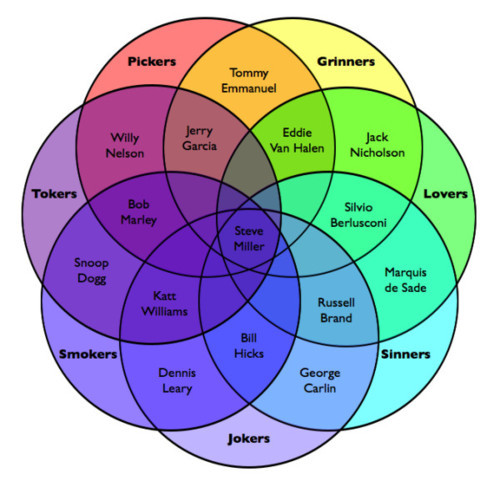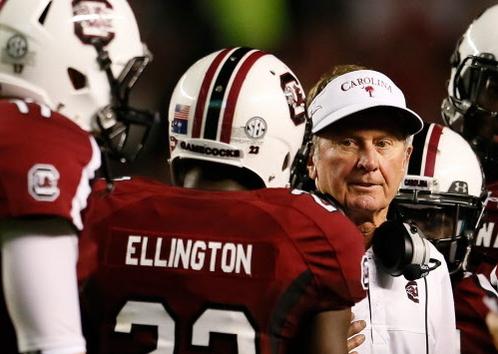A few weeks ago I attended and presented at a fantastic local SHRM affiliate event in Northern Virginia, and I wanted to share an observation from a presentation I saw there about modern approaches to recruiting and hiring. During the session an interesting question was posed by a member of the audience, and the question, and a recent study on hiring published in the American Sociological Review ties the thoughts together.
At the event, the presenter spent some time emphasizing the importance of determining a candidate's cultural 'fit' during the screening and interviewing process, and generally espoused an approach or philosophy to hiring that we see more and more these days. Gran Cairo - F. Stella
Gran Cairo - F. Stella
Namely - that while a candidate's skills and previous experience are, and will remain essential criteria in the evaluation process, that the more ambiguous assessment of the cultural 'fit' of a candidate might be just as, if not more important that demonstrable skills and verifiable experience. At one point during the talk, a member of the audience asked the following question of the presenter:
'Isn't hiring for cultural 'fit, simply just code words for hiring more people that are just like us?'
I loved the question, and even tweeted it out to see what folks online had to say - most of the replies I received were similar to the presenter's comments - that cultural fit is really truly very, very important, and no, I am not talking about anti-diversity initiatives, but rather a process to ensure the best chance of success for the candidate and the organization.
A few Twitter replies were even more strident - almost as if even suggesting that expressing doubt about hiring for something as hard to measure and calibrate precisely as 'fit' was an irrational thought, and that in the new, fast-moving, and ever-changing workplace that 'skills' morph so quickly that they ultimately matter less than 'fit', which at least theoretically will endure.
I was reminded of that dialogue when taking a look at a recent paper on the subject titled 'Hiring as Cultural Matching: The Case of Elite Professional Services Firms', by Professor Lauren Rivera of Northwestern University. In the study, Rivera examined the hiring practices of investment banks, law firms, and management consulting firms over an extended period spanning from 2006-2008.
According to the study, hiring professionals at firms often valued their personal feelings of comfort, validation, and excitement over identifying candidates with superior cognitive or technical skills.
In fact, more than half of the evaluators in the study ranked cultural fit—the perceived similarity to a firm's existing employee base in leisure pursuits, background, and self-presentation—as the most important criterion at the job interview stage.
You can take a look at the entire (long) paper here, but this quote from Professor Rivera sums up her findings as well as echoes the concerns and trepidation raised by the attendee I referenced above.
"It is important to note that this does not mean employers are hiring unqualified people," Rivera said.
"But, my findings demonstrate that—in many respects—employers hire in a manner more closely resembling the choice of friends or romantic partners than how one might expect employers to select new workers. When you look at the decision to date or marry someone what you think about is commonalities. Do you have a similar level of education? Did you go to a similar caliber school? Do you enjoy similar activities? Are you excited to talk to each other? Do you feel the spark? These types of things are salient at least to the employers I've studied."
The study also found that the cultural similarities valued at elite professional service firms have important socioeconomic dimensions. "Evaluators are predominately white, Ivy League-educated, upper-middle or upper class men and women who tend to have more stereotypically masculine leisure pursuits and favor extracurricular activities associated with people of their background," Rivera said.
"Given that less affluent students are more likely to believe that achievement in the classroom rather than on the field or in the concert hall matters most for future success and focus their energies accordingly, the types of cultural similarities valued in elite firms' hiring processes has the potential to create inequalities in access to elite jobs based on parental socioeconomic status.
Hiring for cultural 'fit' is probably somewhat important, I am not trying to deny that or convince you otherwise. But as the astute attendee in Virginia noted, and this recent study illustrates, that this approach is not without its potential shortcomings.
What do you think - is hiring for 'fit' a potential trap and at times a convenient way to screen out those folks that seem just a little bit different?


 Steve
Steve



